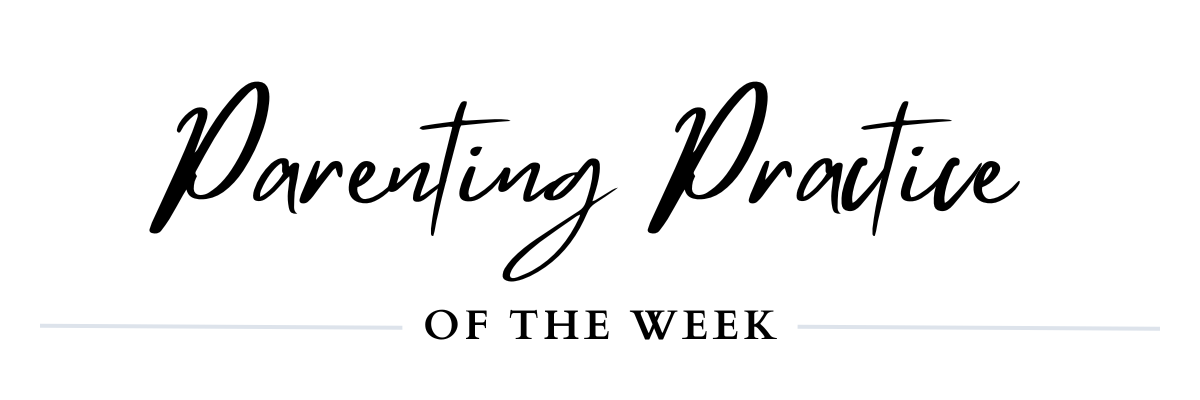What if everything you learned about strength was wrong?

What messages did you receive as a child about what it means to be “strong”?
For many of us, strength was defined by “sucking it up,” pushing through, and hiding our feelings.
We were often taught that vulnerability was weakness.
But both neuroscience and developmental psychology now paint a different picture: suppressing emotions in the name of resilience can actually create more inner struggle… not less.
What if real strength lives in the softness?
Brené Brown puts it beautifully: strength is a “strong back, soft front, wild heart.” This kind of strength doesn’t come from being tough or perfect. It comes from being grounded, open, and brave.
The beliefs we carry—often passed down through generations—shape how we show up for our children.
If we see a child’s tears as “too much” or “dramatic,” we’re more likely to react with dismissal or frustration. But if we see those same tears as a sign that a child is having a hard time, we’re more likely to respond with the compassion they truly need.

The Compassionate Reframe
One of our greatest parenting superpowers is the ability to pause, reflect, and shift the stories we tell ourselves in challenging moments.
Try softening your lens when things feel hard. A simple reframe can change everything:
- “My child is giving me a hard time” → “My child is having a hard time.”
- “They’re being so dramatic” → “They’re feeling something big.”
- “They’re testing me” → “They’re needing me.”
This week, gently notice when your reactions might be shaped by old narratives or fear-based thinking. See if you can shift toward compassion—first for your child, and just as importantly, for yourself.
READ MORE:












